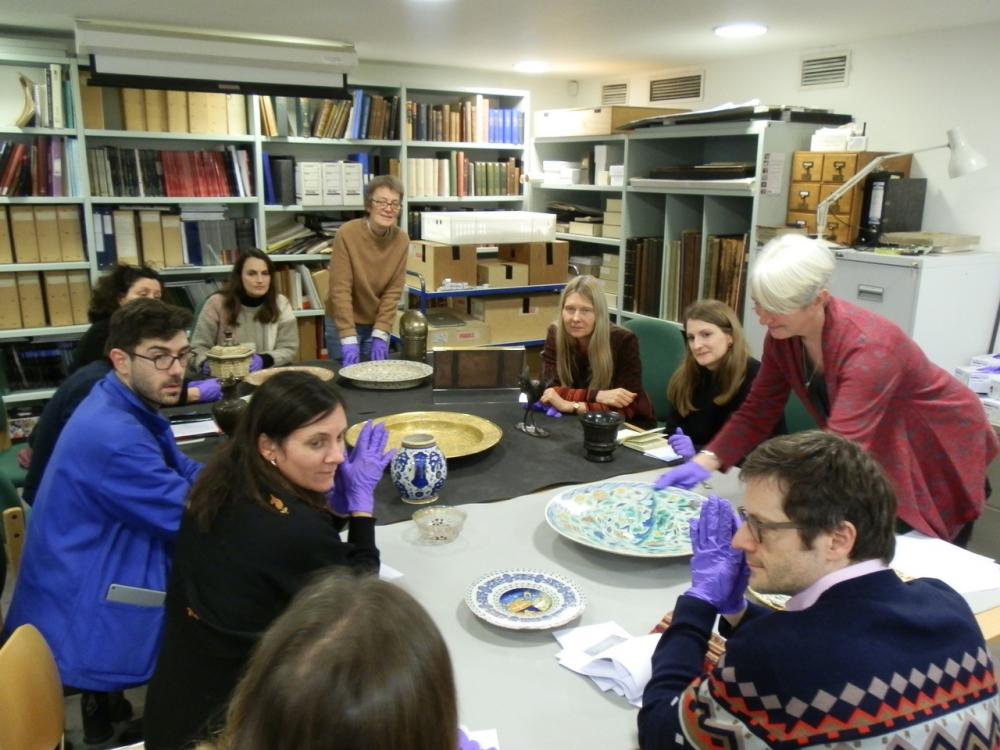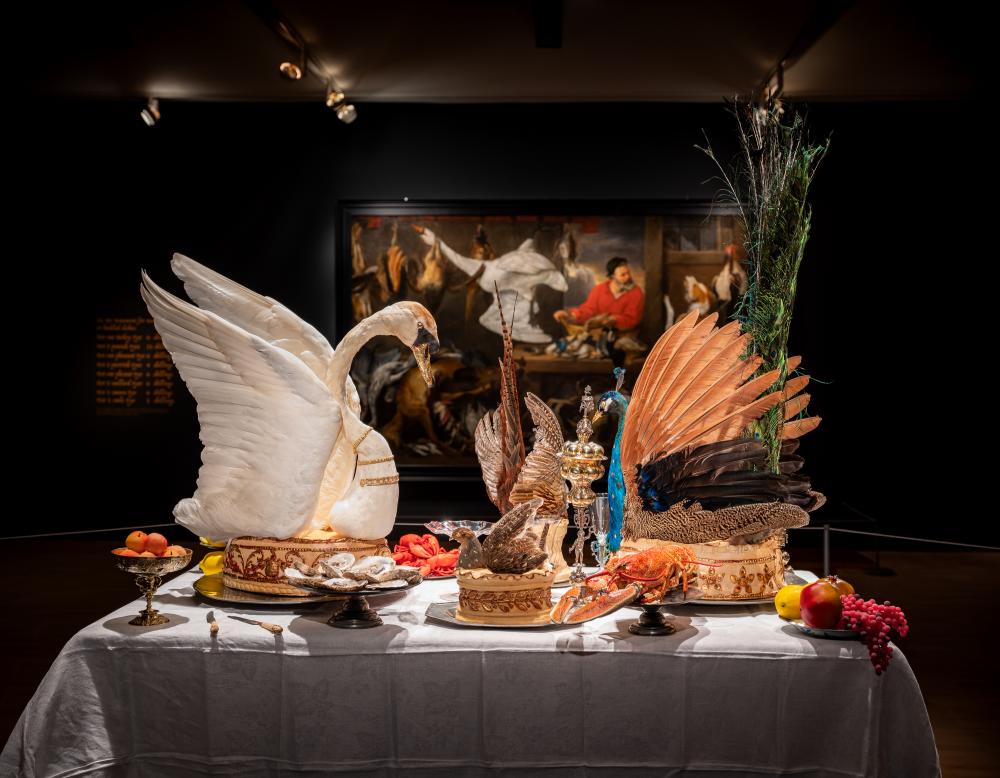Material Histories Cluster

In recent years, historians have increasingly turned to new evidence to evaluate the past, in particular the material world. This move towards materiality has included consideration of material qualities and realities of the documents which have long constituted evidence for a certain kind of research: what is the shape of the textual record and by what forms has it come down to us? It has also opened up new questions about how objects, the built environment, and landscapes might complement or challenge our understanding about the past as derived from the textual record: do things record the actions and intentions of the past, and can they reveal aspects of history otherwise invisible? Beyond things themselves, historical research focused on materiality might examine how consumption and production, waste and want cast new light on historical agents and change.
Historians at Cambridge have been blazing a trail in these areas already for many years through research projects and publications from members of the Faculty as well as teaching initiatives. Research and teaching on materialism, past materiality, and material culture has been developed by individuals as well as by faculty groups working collaboratively with each other and with Cambridge’s museums and collections. Members have been directly involved with the curation of research-led exhibitions such as Treasured Possessions, Madonnas & Miracles, and Feast & Fast. These exhibitions also involved important outreach activities which communicated our research in material culture to wider publics.

The Material Histories research cluster, inaugurated in 2019, provides the intellectual space for considering the many material dimensions of the past. Cutting across conventional divides between sub-fields, periods and areas, it encourages us to form new collaborations and to build bridges between political, intellectual, social, cultural, and economic approaches to history. The Research Cluster currently includes around 20 members of the Faculty.
Our activities have thus far included a round table event on the built environment (MT 2019) and a workshop on Ethnic Diversity and Cultural Creativity (LT 2020), including handling sessions at the Fitzwilliam Museum. We look forward to our next round table on Indigeneity and Material Culture (ET 2021, rescheduled from 2020) and to future events when we shall invite scholars from around the world (in person and by Zoom) to present and discuss their methods and research, share skills and help us to develop project ideas within the Cluster.
Top: Group meeting
Below: Historic recreation of a Baroque feasting table c. 1650 by Ivan Day with workshop copy of Frans Snyders' The Fowl Market (after 1621), from Feast & Fast: The art of food in Europe, 1500-1800 exhibition at the Fitzwilliam Museum, 26 November 2019 to 26 April 2020. © Fitzwilliam Museum, Cambridge
